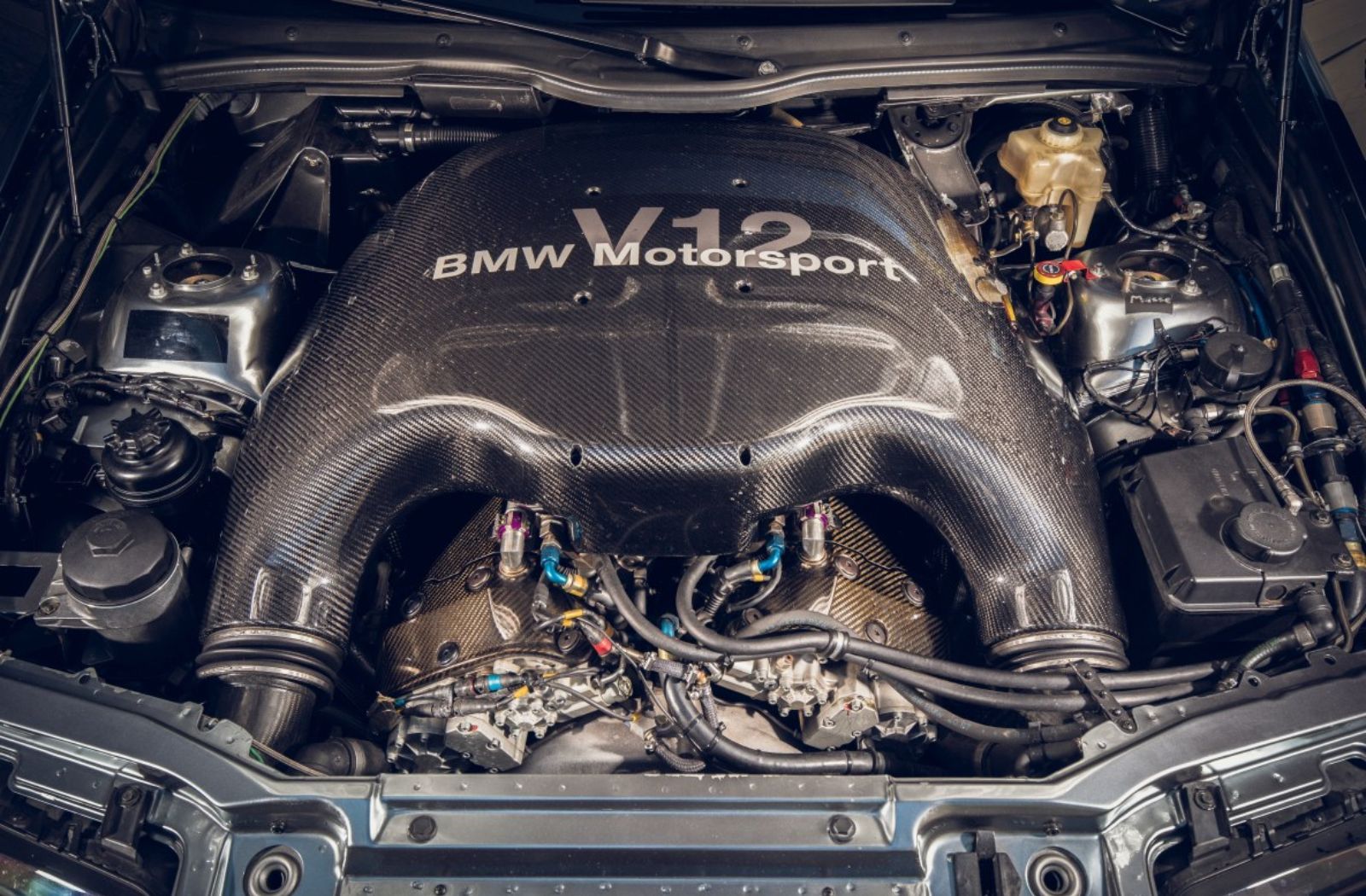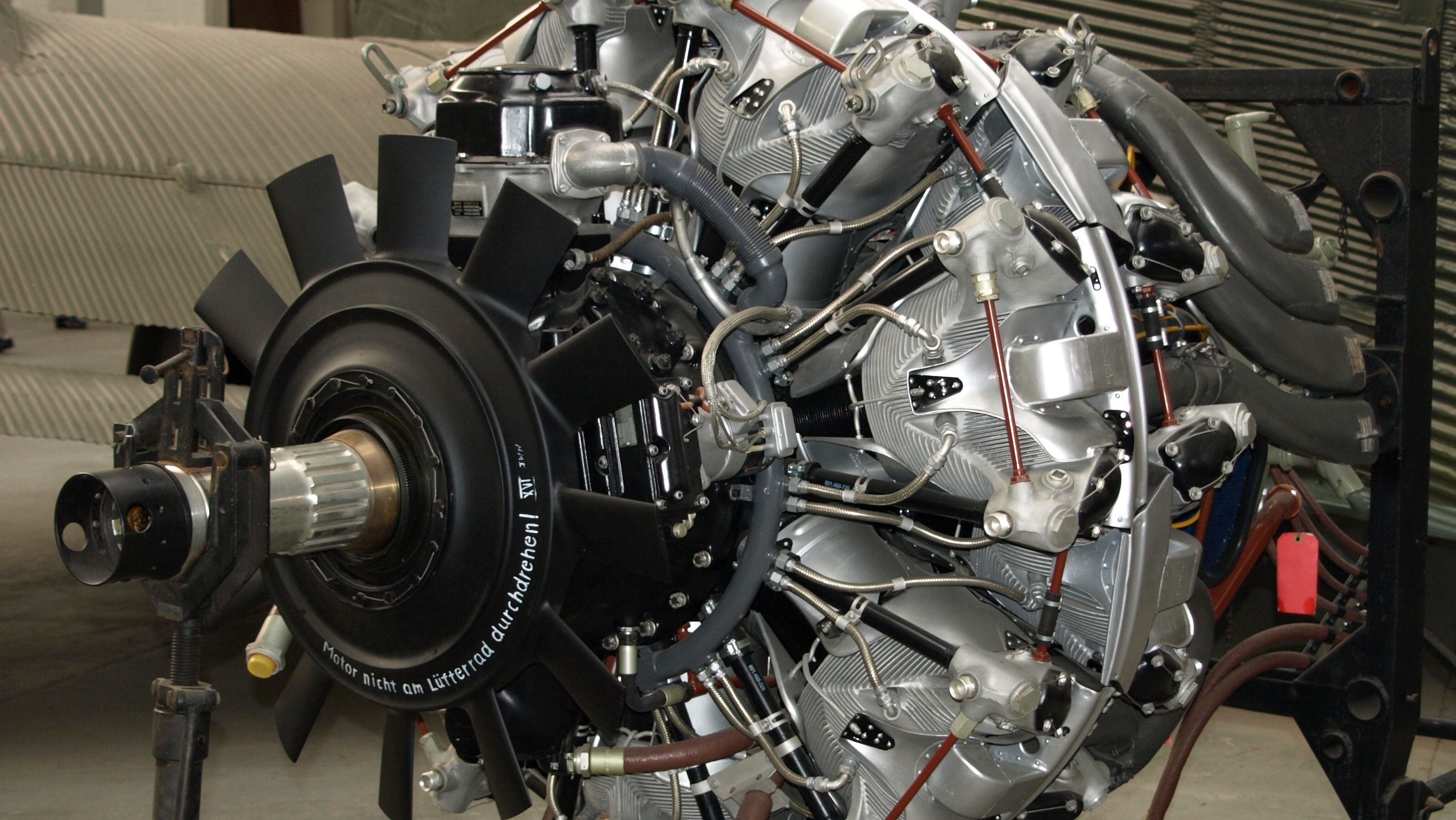Introducing the Intricacies of Next-Generation Power Units: a Deep Study Advanced Engine Technologies and designs
As we stand on the precipice of a new era in transport, the ins and outs of next-generation engine styles bid us to explore the advanced modern technologies and innovations that assure to redefine the driving experience. Diving deeper right into the worlds of discharge control, intelligent engine administration systems, and the perspective of power device advancement, we discover ourselves on the cusp of a makeover that assures to improve the landscape of mobility as we understand it.
Development of Engine Materials

The change towards advanced engine products has also allowed engineers to make engines with greater power outputs while preserving fuel efficiency standards. For example, making use of light-weight materials decreases the general weight of the engine, resulting in enhanced gas economic climate and reduced exhausts. Furthermore, improvements in materials technology have enabled far better thermal administration within engines, resulting in enhanced dependability and durability.
Turbocharging and Supercharging Technologies
How do Turbocharging and Supercharging Technologies transform engine performance and efficiency in modern cars? Turbo charging and turbocharging are innovations that dramatically boost engine efficiency by increasing the quantity of air intake into the burning chamber. Turbocharging achieves this by making use of a generator driven by exhaust gases to pressurize the consumption air, while turbo charging utilizes a belt- or chain-driven compressor to attain the same impact.
These modern technologies allow smaller, extra fuel-efficient engines to generate power comparable to larger ones, understood as downsizing. Forcibly more air right into the cyndrical tubes, turbocharging and supercharging enhance combustion efficiency, causing boosted horsepower and torque output without a substantial boost in engine size. This results in much better acceleration, towing capability, and total driving efficiency.
Moreover, turbocharging and turbo charging add to improved fuel effectiveness by enabling the use of smaller sized engines that eat less fuel under normal driving problems - bmw engine. This mix of boosted efficiency and effectiveness has actually made turbocharging and turbo charging integral parts of many contemporary engine styles
Emission Control and Environmental Impact
With increasing worldwide concerns pertaining to air high quality and ecological sustainability, the implementation of discharge control innovations in vehicles plays an important role in lowering damaging pollutants launched right into the atmosphere. Modern lorries are equipped with innovative emission control systems that assist decrease the ecological impact of automotive procedures. Catalytic converters, as an example, are developed to convert poisonous gases such as carbon monoxide, nitrogen oxides, and hydrocarbons into less harmful substances like co2 and water vapor.
Additionally, advancements in engine innovation, such as the assimilation of exhaust gas recirculation systems and discerning catalytic decrease, have substantially added to lowering exhausts. These innovations function in tandem to enhance combustion efficiency and minimize the launch of damaging pollutants right into the air. Furthermore, the advancement of hybrid and electric cars stands for a vital action in the direction of decreasing the total ecological footprint of the transportation sector.
Intelligent Engine Administration Solution

Moreover, these systems make it possible for automobiles to satisfy rigid emissions criteria without compromising efficiency, offering a much more eco-friendly driving experience. The assimilation of expert system and artificial intelligence abilities in engine administration systems continues to push the borders of what is possible, bring about further improvements in performance, dependability, and total lorry performance. bmw engine. As automotive technology advancements, smart engine monitoring systems will play an important function in forming the future of transportation in the direction of an extra efficient and sustainable direction
Future Trends in Power Device Advancement
As intelligent engine management systems lead the method for improved control and optimization in contemporary lorries, future trends in power system advancement are positioned to redefine the landscape of vehicle propulsion technologies. These different power sources offer improved effectiveness and efficiency while lining up with rigorous environmental guidelines.
One more substantial fad is the assimilation of advanced products and manufacturing strategies. Light-weight products such as carbon fiber and aluminum are being made use of to reduce overall vehicle weight, improving fuel effectiveness and performance. Additionally, advancements in 3D printing and additive production are allowing the manufacturing of complex engine elements with higher accuracy and resilience.
Moreover, man-made intelligence and device understanding are playing a critical function in maximizing power device efficiency. These modern technologies enable real-time tracking and flexible control, resulting in extra efficient and reliable power distribution. On the whole, future trends in power system development are geared in the direction of sustainability, effectiveness, and performance, driving the vehicle sector towards a new age explanation of propulsion innovations.

Verdict
To conclude, the innovations in engine materials, turbocharging, exhaust control, and intelligent monitoring systems have led the way for next-generation power units. These advancements have not just better efficiency and efficiency yet additionally reduced click this site environmental effect. As innovation continues to evolve, future trends in power unit development are most likely to concentrate on more boosting sustainability and enhancing power result. The complex layouts and technologies in modern engines showcase the ongoing development of automobile modern technology.
Discovering the dynamic advancements in engine products has actually been crucial in improving the performance and efficiency of contemporary engines. Over the years, the development of engine products has actually played a vital duty in pressing the boundaries of what engines can attain.The shift in the direction of progressed engine materials has likewise made it possible for designers to develop engines with greater power results while keeping fuel efficiency criteria.The implementation of smart engine management systems in modern-day cars has reinvented the method engines are regulated and enhanced for efficiency and effectiveness. By gathering data in real-time and analyzing it with innovative formulas, smart engine management systems can adapt to driving designs, ecological factors, and engine health and wellness to make best use of power outcome while lessening fuel consumption and discharges.
Comments on “The Advancement of the BMW Engine: A Recall at Iconic Versions”